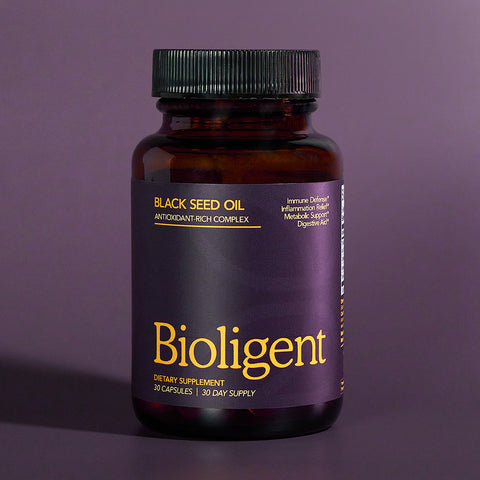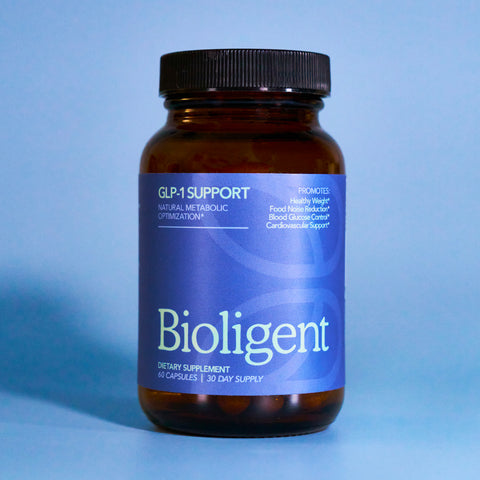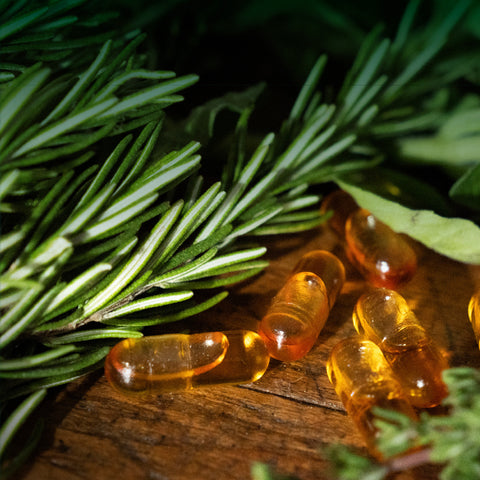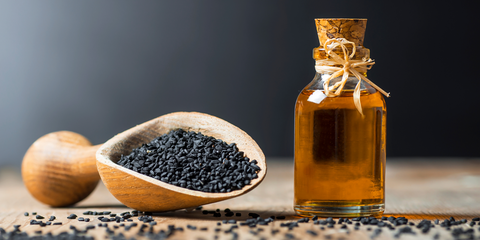If you’ve spent any time scrolling through health and wellness content, you’ve probably seen people warning against “seed oils.” Cooking oils like canola, soybean, and sunflower are often called “bad seed oils” because of how they’re processed and used in everyday diets.
But here’s where things get confusing: when people hear about black seed oil, they sometimes assume it falls into the same category.
The truth is, black seed oil is very different from the cooking oils you see in those online debates.
Here, we’ll clear up the difference between black seed oil and seed oils that are often considered unhealthy, so you can understand why black seed oil deserves its own place in the conversation.

What Are “Bad” Seed Oils?
Before we discuss black seed oils, let’s talk about the “bad” seed oils that keep making headlines. These usually include vegetable oils like soybean, canola, corn, and sunflower oil. They’re easy to find in grocery stores, inexpensive, and often used for frying, baking, or packaged foods.
So, why do people call them “bad”? The concern isn’t that they come from seeds. It’s how they’re processed and consumed.
Many of these oils are refined at high heat and often treated with chemicals to make them stable for cooking and a long shelf life. This refining process can strip away natural nutrients.
Because they’re inexpensive and shelf-stable, they’re also heavily used in processed foods, which means people may end up consuming them in large amounts without realizing it. When that happens, it’s often alongside diets high in fried or packaged foods, which can crowd out more nutrient-dense options and contribute to health concerns over time.
This has led many people to avoid “seed oils,” which naturally raises the question: Does that warning apply to black seed oil, too?

Is Black Seed Oil a Seed Oil?
Technically speaking, yes. Black seed oil comes from the seeds of the Nigella sativa plant. But putting it in the same group as cooking seed oils is misleading. The difference between black seed oil and seed oils is all about how they’re made, what they contain, and how they’re used.
Cooking oils are extracted and refined to be stable for high-heat cooking and long shelf life. Black seed oil, on the other hand, is cold-pressed to preserve its natural compounds, especially thymoquinone, the key bioactive compound linked to many of its wellness benefits.
Black Seed Oil vs. Vegetable and Cooking Oils
At first glance, it might seem fair to compare black seed oil vs vegetable oil or other common cooking oils. After all, they’re all technically “seed oils.” But their purposes couldn’t be more different.
Vegetable and cooking oils are produced in large amounts, refined for stability, and used heavily in frying, baking, and packaged foods. They’re designed to handle high heat and to make meals taste good, but they don’t offer many wellness benefits beyond calories and fat.
Black seed oil, on the other hand, is cold-pressed in small batches to preserve its natural compounds. It’s not used for frying or flavor. It’s taken in small servings or capsules as a wellness supplement.
Thanks to its thymoquinone content, black seed oil has been studied for its role in supporting immunity, gut health, and metabolism, making it part of the seed oils vs healthy oils discussion.
Black Seed Oil Benefits Compared to Seed Oils
Black seed oil is valued for its natural compounds, especially thymoquinone, which has been studied for its role in supporting:
-
Immune function, helping your body respond better to everyday stressors.*
-
Digestion and gut health, promoting balance where cooking oils offer no benefit.*
-
Metabolic health, supporting healthy blood sugar and weight management efforts.*
-
Overall wellness, thanks to its antioxidant properties that protect cells from stress.*
So, when it comes to black seed oil vs cooking oils or black seed oil vs vegetable oil, the takeaway is simple: cooking oils serve a purpose in the kitchen, but black seed oil serves a purpose for your health.
Choosing the Right Black Seed Oil
Now that you know black seed oil isn’t the same as the cooking oils often criticized for health risks, there’s one more thing to consider: not all black seed oils are created equal.
Just like cooking oils can differ in quality, black seed oils vary in purity, consistency, and the concentration of beneficial compounds.
This is where ThymoQuin® really stands out. It’s the only standardized, cold-pressed black seed oil that’s USP-compliant and crafted for potency, purity, and stability. While many black seed oils on the market have high acidity that can compromise their quality, ThymoQuin® maintains a remarkably low acidity level to preserve its full effectiveness.
Clinical research shows how this precision translates to real benefits. In human studies, ThymoQuin® delivered:
-
40% reduction in cortisol in just three weeks*
-
62% improvement in immune response within three weeks*
-
A drop in systolic blood pressure in just two days*
These results suggest your body can absorb and use ThymoQuin® more efficiently than other black seed oils.
Bioligent’s Black Seed Oil takes this trusted extract one step further by combining it with oregano, rosemary, and thyme oils for added immune and digestive support, all in an easy-to-take capsule without the bitterness that often turns people away from black seed oil.

Black Seed Oil Deserves Its Own Category
It’s easy to see why black seed oil often gets lumped in with the seed oils people are told to avoid. They share a name, but that’s about it.
Cooking oils belong in the kitchen, while black seed oil belongs in your wellness routine. Once you understand this distinction, you can move past the confusion and appreciate black seed oil for what it really is: a time-tested, research-supported oil with unique benefits that set it apart from the rest.
Ready to experience the difference black seed oil can make?
Support your wellness journey with Bioligent’s Black Seed Oil made with clinically studied ThymoQuin® for immune, gut, and metabolic support.
Frequently Asked Questions:
Is black seed oil as bad as other seed oils?
No. Black seed oil is very different from common cooking seed oils like canola or soybean. It’s taken as a supplement, not used for frying or baking.
Is there any evidence that seed oils are bad for you?
Research suggests that refined seed oils high in omega-6 fatty acids may contribute to inflammation if consumed in excess, especially without enough omega-3s to balance.
What’s the difference between black seed oil vs seed oils used in cooking?
Black seed oil is cold-pressed and valued for its natural compound thymoquinone, which supports immunity, gut, and metabolic health. Cooking seed oils are refined, used for frying or packaged foods, and don’t offer the same wellness benefits.
What happens to your body when you start taking black seed oil?
Many people report better digestion, more energy, and improved overall wellness over time. Results vary depending on your body and the consistency of use.
What is the best form of black seed oil to take?
Cold-pressed black seed oil or capsules made with a clinically studied extract (like ThymoQuin®) are the best options for quality and consistency.
What are the benefits of Thymoquinone?
Thymoquinone is the key active compound in black seed oil. It has been studied for supporting immunity, reducing oxidative stress, and promoting gut and metabolic health.


























